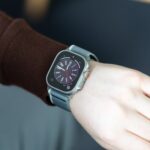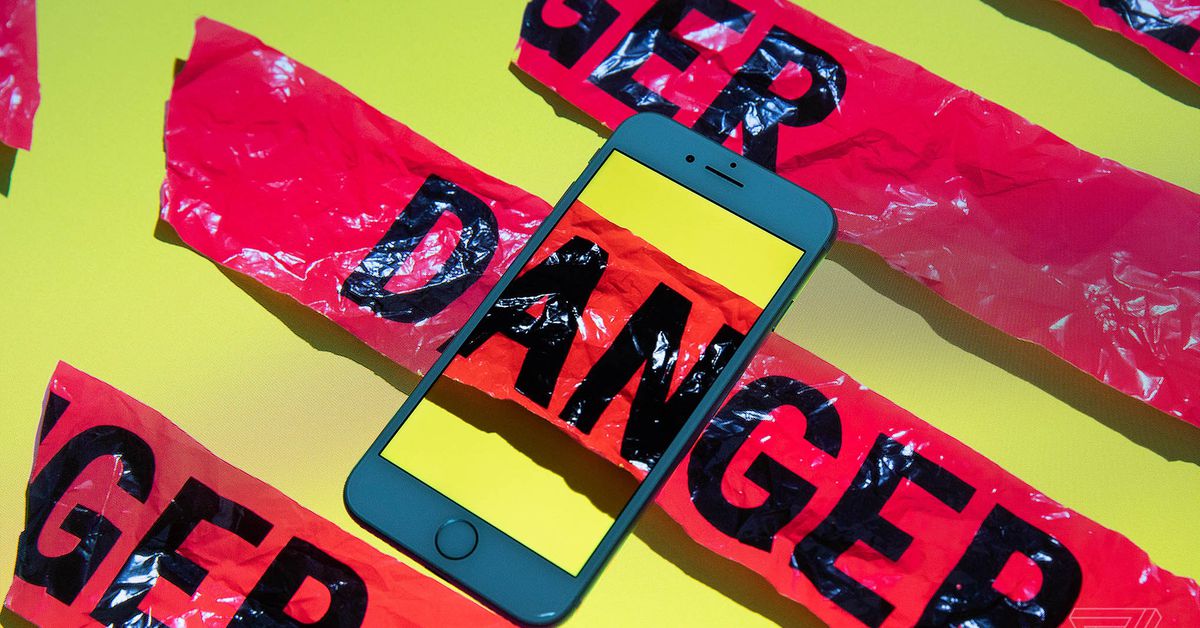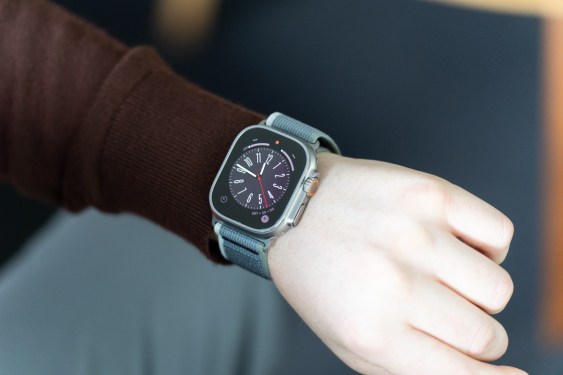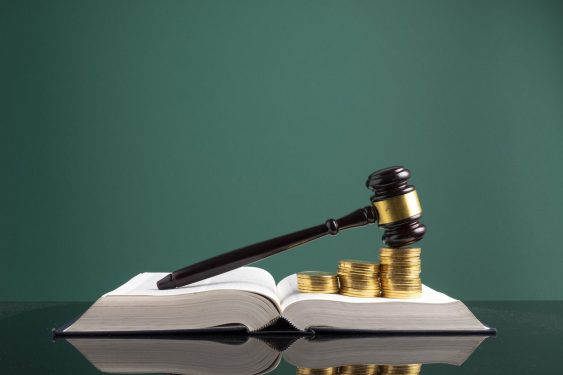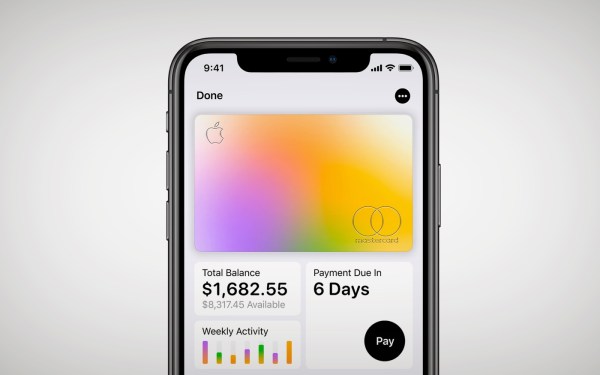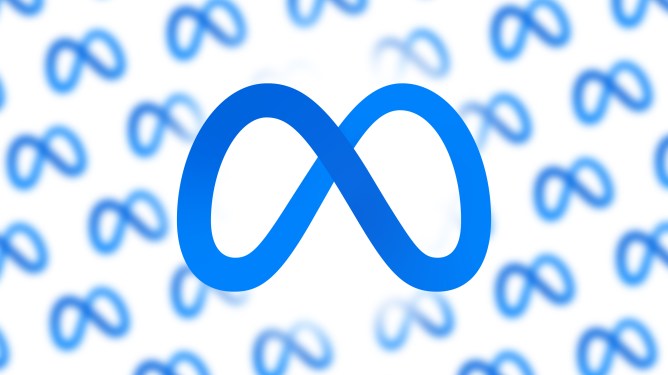NSO Group Found Liable in WhatsApp Lawsuit Over Pegasus Spyware Attacks
In a significant development, NSO Group, the organization behind the notorious Pegasus spyware, has been held liable in a lawsuit brought by Meta’s WhatsApp. The lawsuit, which was originally filed in 2019, sought damages for attacks on approximately 1,400 devices. Investigations have consistently revealed that Pegasus has been used to hack phones belonging to various groups, including activists, journalists, and government officials.
Background on the Lawsuit
In 2019, WhatsApp sued NSO Group, alleging that its spyware had been used to target users of the messaging platform. The lawsuit claimed that NSO Group’s actions violated several laws, including the Computer Fraud and Abuse Act (CFAA) and the California Comprehensive Computer Data Access and Fraud Act (CCDAFA). Additionally, WhatsApp argued that NSO Group breached its contract with the company.
NSO Group’s Defense
In response to the lawsuit, NSO Group maintained that it was not liable for the actions of its clients. The company claimed that Pegasus was used by clients for legitimate purposes, such as investigating crimes and cases of national security. However, this defense was rejected by the judge, who found that NSO Group’s actions were in direct violation of the laws cited in the lawsuit.
Significance of the Ruling
The ruling is a significant victory for privacy advocates, and it sets a crucial precedent for other companies in the surveillance industry. Will Cathcart, the head of WhatsApp, hailed the decision as a "huge win for privacy." In a Threads post, Cathcart stated, "We spent five years presenting our case because we firmly believe that spyware companies could not hide behind immunity or avoid accountability for their unlawful actions. Surveillance companies should be on notice that illegal spying will not be tolerated."
Potential Impact of the Ruling
The ruling has far-reaching implications for the surveillance industry as a whole. It sends a clear message to companies like NSO Group that they cannot continue to operate with impunity, using their technology to spy on individuals and organizations without consequence. The decision also sets a precedent for other lawsuits against surveillance companies, which could lead to increased accountability and transparency in the industry.
NSO Group’s Response
In response to the ruling, NSO Group has not issued an immediate statement. However, it is likely that the company will appeal the decision or seek to mitigate the damages awarded by the court.
Conclusion
The lawsuit brought by WhatsApp against NSO Group has significant implications for the surveillance industry and the protection of individual privacy. The ruling holds NSO Group liable for its actions and sets a crucial precedent for other companies in the same business. As Will Cathcart noted, "This ruling is a huge win for privacy," and it sends a clear message that surveillance companies will be held accountable for their actions.
Related Cases
- Pegasus spyware used to target phones of journalists and activists, investigation finds
- WhatsApp is suing an infamous spyware vendor for allegedly hacking its users
The Computer Fraud and Abuse Act (CFAA)
The CFAA is a federal law that prohibits the unauthorized access of computer systems. The law was enacted in 1986 to address concerns about the growing threat of cybercrime. In recent years, there has been ongoing debate about the scope and applicability of the CFAA. Some argue that it is too broad and could be used to prosecute legitimate security research or other activities.
The California Comprehensive Computer Data Access and Fraud Act (CCDAFA)
The CCDAFA is a state law that prohibits the unauthorized access of computer systems in California. The law was enacted in 1984, and it has been amended several times since then. Like the CFAA, the CCDAFA has been subject to ongoing debate about its scope and applicability.
Breach of Contract
In addition to violating federal and state laws, WhatsApp also alleged that NSO Group breached its contract with the company. The breach was said to have occurred when NSO Group failed to obtain permission from WhatsApp before using Pegasus to spy on users.
Damages
The trial will now move forward solely on the issue of damages. This means that the court will determine the amount of compensation owed by NSO Group to WhatsApp for its actions.
Conclusion
In conclusion, the lawsuit brought by WhatsApp against NSO Group is a significant development in the ongoing debate about individual privacy and surveillance. The ruling holds NSO Group liable for its actions and sets a crucial precedent for other companies in the same business. As Will Cathcart noted, "This ruling is a huge win for privacy," and it sends a clear message that surveillance companies will be held accountable for their actions.
References

